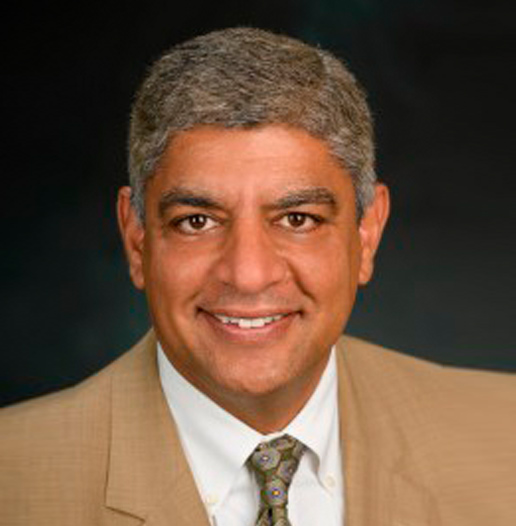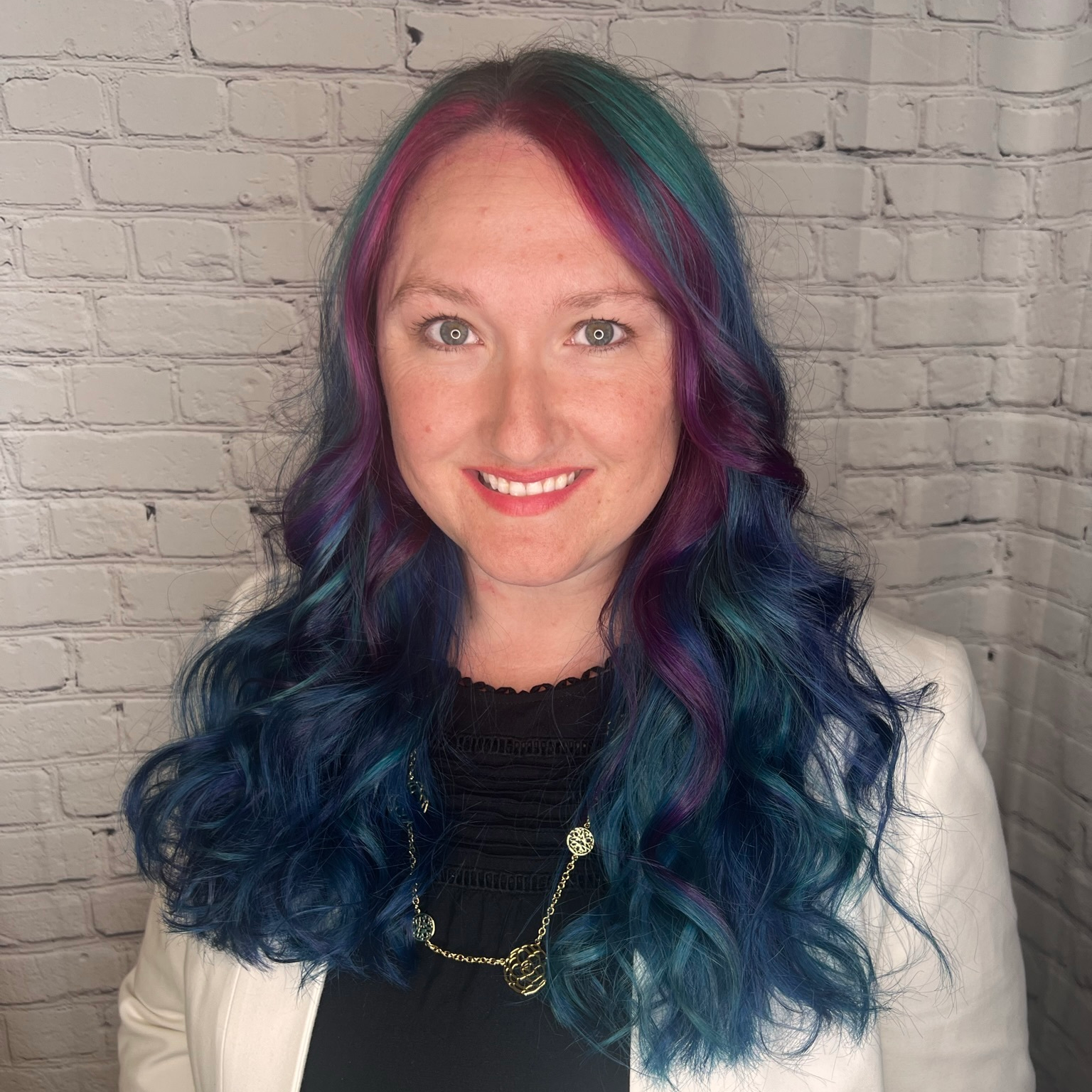Researchers and senior leadership from the Systems Engineering Research Center (SERC) attended and presented at the 21st annual Conference on Systems Engineering Research (CSER), hosted for the first time by the Department of Systems and Industrial Engineering at the University of Arizona on March 24-27 in Tucson, AZ.
The SERC’s anchor university, Stevens Institute of Technology, and a key SERC collaborator, the University of Southern California, created CSER more than 20 years ago to serve as a platform for engaging discussions and presentations on shaping the future of systems engineering through rigorous research. It integrates theoretical insights with practical innovations to tackle intricate challenges and seize opportunities related to scientific foundations, cybersecurity, digital engineering transformation, and the integration of artificial intelligence within systems and software engineering.
SERC Executive Director Dinesh Verma (Stevens) and Azad Madni, representing the USC Viterbi School of Engineering and the SERC Research Council, served as the honorary general chairs. Stevens alumnus and SERC researcher Alejandro Salado (University of Arizona) chaired the conference.
CSER 2024 featured a diverse program, including two keynote speeches, a plenary panel discussion on “The Future of the Systems Academic Community,” SEANET (a workshop for current and prospective doctoral students), research roundtables, networking and mentoring sessions, paper presentations and the debut of a SE T/TT Faculty Interest Group workshop.
The SERC’s incoming chief scientist, Zoe Szajnfarber (George Washington University), enriched the discourse with her presentation on AI in systems engineering, shedding light on “Enabling Understanding of AI Model Behavior Through Visualization” and contributing to the plenary panel discussion.
The SERC’s chief technology officer, Tom McDermott, chaired the paper session on autonomy and networks. He also shared insights on education through presentations “Lesson Learned from Teaching Systems Practices in an Art Studio Format” and “Is your Systems Engineering Knowledge and Practice Ready for the New Types of Systems Emerging Today?”
The SERC’s senior research scientist Nicole Hutchinson (Stevens) and researcher Paul Wach (Virginia Tech) contributed a presentation on “Developing an Academic Case Study to Advance Digital Engineering,” exploring research they have been conducting for the Defense Acquisition University (DAU).
“Paul and I were excited to have the chance to share our research supporting DAU’s digital engineering credential with the community,” Hutchison said. “Paul had a great idea to close the presentation with a question to the audience: how can we effectively teach digital engineering? It fostered great discussion among the attendees and provided great external feedback that we can now share with our sponsors.”
The CSER welcome packet for attendees included a flyer for another notable gathering of systems engineers, the fifth annual AI4SE & SE4AI Research and Application Workshop, which the SERC is organizing with the U.S. Army DEVCOM Armaments Center. Abstracts are due on June 10 for the workshop on September 17-18 at George Mason University. Registration will open during the summer.
Follow SERC on LinkedIn for regular updates on systems engineering research.






